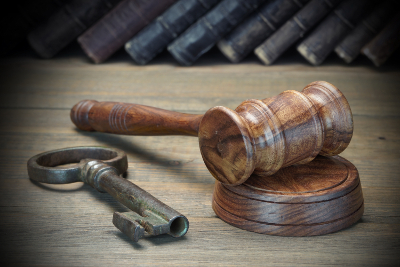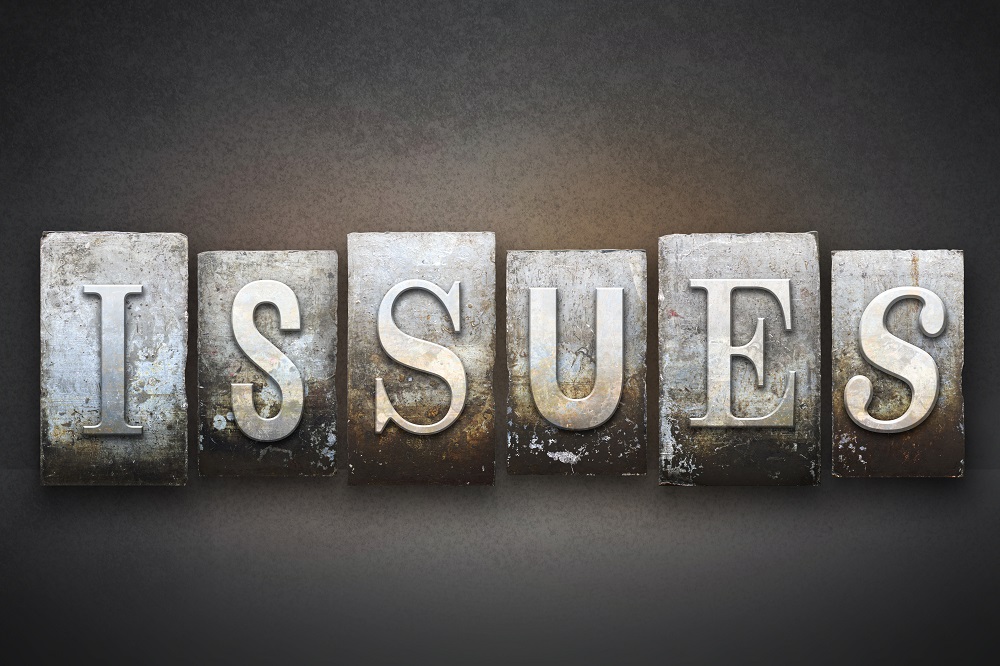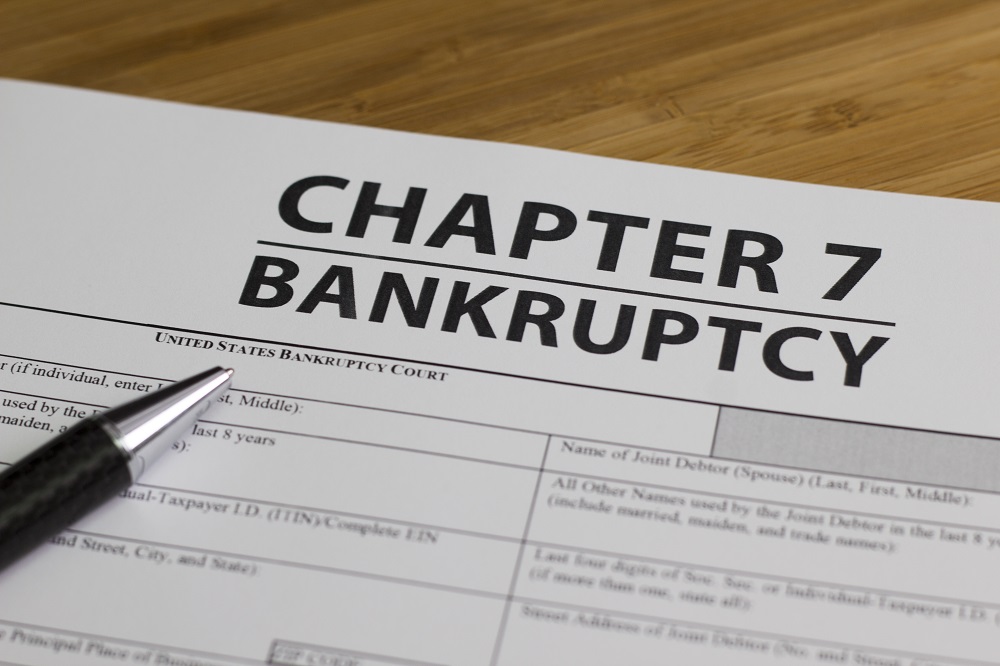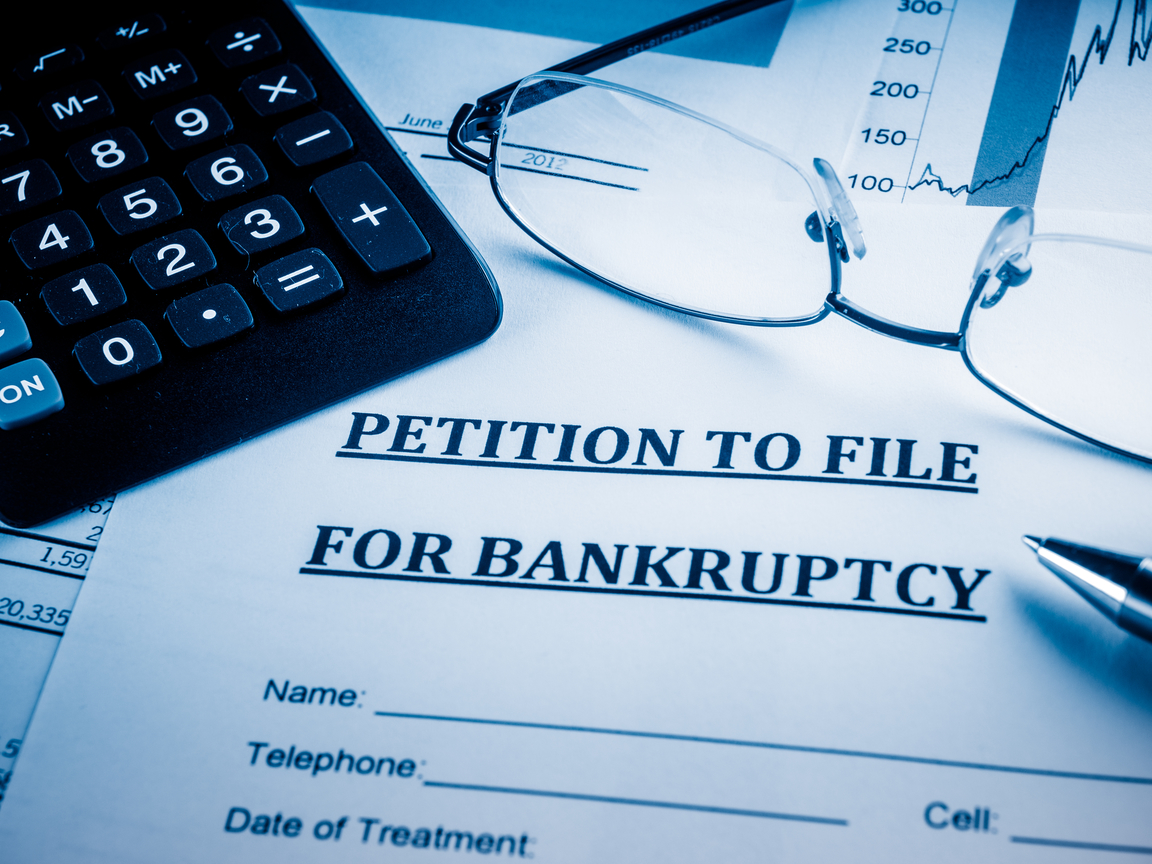How Will Inheritance Affect Filing Bankruptcy in Arizona?
You’re dealing with some serious financial problems. You consider filing bankruptcy. Somewhere along the way, you receive an inheritance. What impact is it going to have on the process and is it possible to keep creditors from getting some of the money that you’ve received? So, how does inheritance affect filing bankruptcy?
Arizona Inheritance and Bankruptcy Rules
Two specific situations will have to be examined to determine how will an inheritance affect filing bankruptcy.
The first and the most important consideration is the 180-day rule.
If you inherit money or property in the 180 days that follow the bankruptcy filing, the respective asset will become a part of the bankruptcy estate. This is valid for all kinds of assets that aren’t covered by a bankruptcy exemption in Arizona.
After the 180 days pass, a judge cannot order an inheritance that has just been received to become a part of the bankruptcy estate. This applies to people who have filed Chapter 7 bankruptcy. In the case of a Chapter 13 bankruptcy, the inheritance can be used to cover a portion of the debt after the first 180 days.
The second important consideration is being married to someone who inherits property or money while you’re filing bankruptcy. In this instance, your spouse’s inheritance cannot be made a part of the bankruptcy estate.
Other Terms and Conditions
The court isn’t interested in the date when you are due to collect your inheritance. The date on which the decedent passes away is the one that’s used to determine whether the inheritance was received within the 180-day period.
The reason behind the 180-day period is to keep people from filing bankruptcy early in an attempt to protect an inheritance they expect to receive in the near future. In the absence of such a limit, anyone dealing with financial troubles could file early and keep the inheritance from being distributed among creditors.
It’s possible to avoid problems altogether through the creation of a revocable living trust.
A revocable living trust instead of a will cannot be included in the bankruptcy estate. Your bankruptcy attorney knows this fact and will help you protect the assets you have received. Property included in such a trust could be cash, real estate and family heirlooms.
As far as a Chapter 13 bankruptcy is concerned, the inheritance received over the entire period (three to five years, depending on the payment plan) could be used to cover debt. Non-exempt property and assets could potentially increase your plan payments. Remember that under Chapter 13 bankruptcy, you have to pay unsecured creditors at least the amount they would have received under a Chapter 7 filing. This is the biggest reason why consulting an experienced bankruptcy attorney will be of vital importance under such circumstances.
Here’s an actual illustration of how inheritance could affect the Chapter 13 payment plan even after the 180 days.
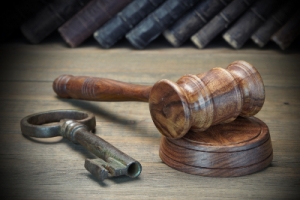 In Carroll v. Logan, the court ruled out that the 180-day limit didn’t apply to inherited estate. The Fourth Circuit Court of Appeals made the ruling after a couple received 100,000 dollars in the third year of a five-year Chapter 13 plan.
In Carroll v. Logan, the court ruled out that the 180-day limit didn’t apply to inherited estate. The Fourth Circuit Court of Appeals made the ruling after a couple received 100,000 dollars in the third year of a five-year Chapter 13 plan.
The court determined that the inheritance was a windfall. As a result, it had to be counted towards the bankruptcy estate. Because of the ruling, the couple had to increase the amount that it was paying back to creditors under the Chapter 13 plan.
There could be a few exceptions but in most cases, Chapter 13 payment plans will be modified regardless of the time when non-exempt assets are received as inheritance. The premise here is that it would be unfair to allow the debtor to benefit from the estate at the expense of the creditor.

